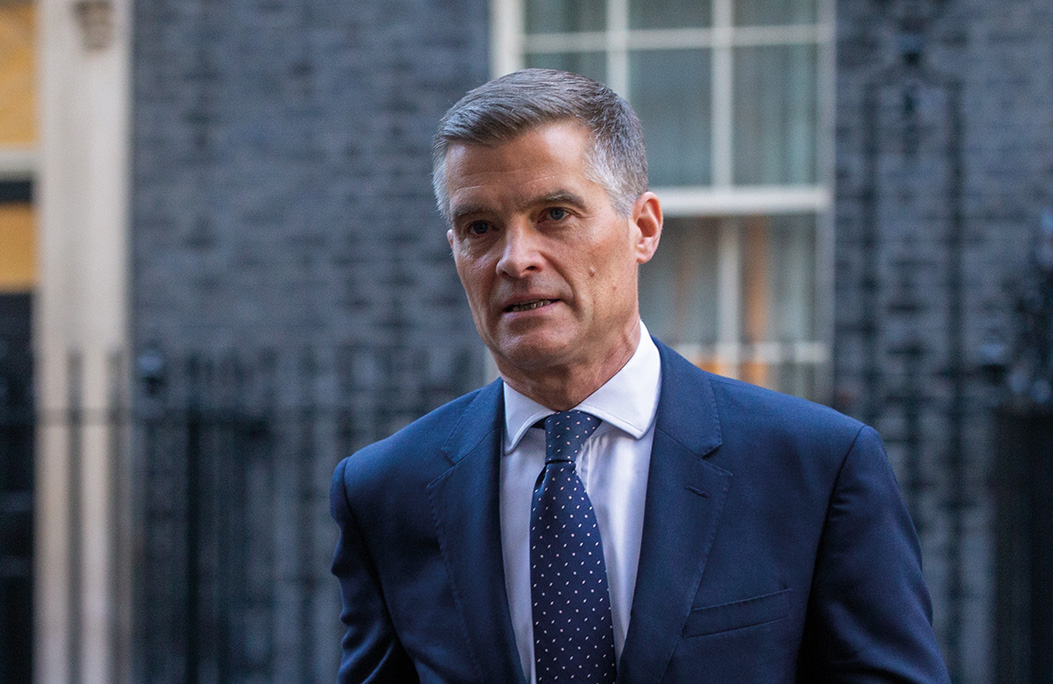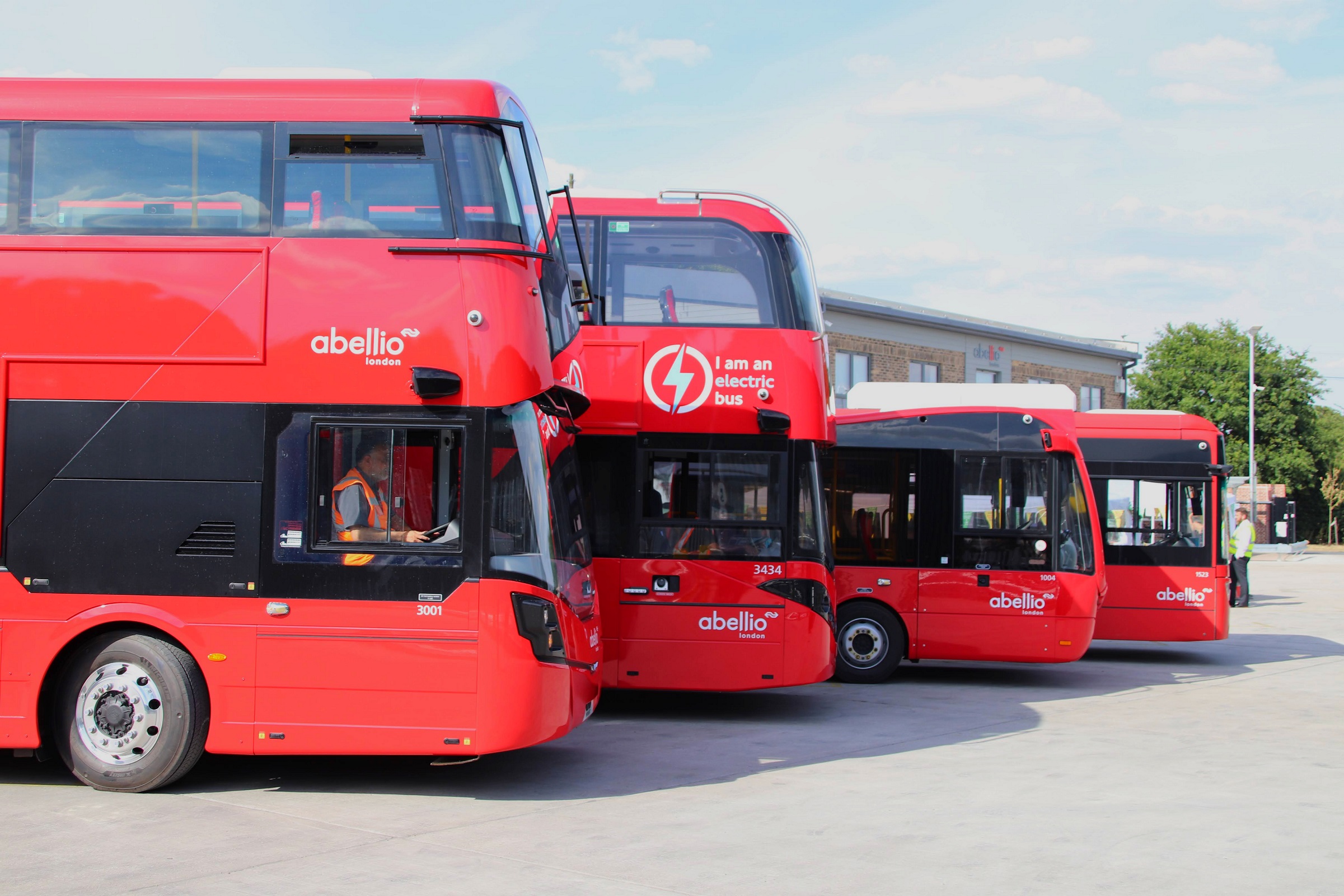The newly announced package of support from Westminster may not go far enough, writes our political insider
Welcome as it was, I couldn’t get excited about the government’s announcement on 17 May that it was providing a further £500 million in support for the bus industry in England until into 2025. Of this, £300 million will go towards general support for bus services, with £200 million to continue support for the £2 fare cap (which will increase to £2.50 at the end of November).
The £300 million general support “to protect vital routes and improve services” from this July until April 2025 represents a reduction in support relative to previous funding settlements. The previous settlement of £80 million announced in February to cover the period from 1 April to the end of June amounted to just over £26.5 million a month.
This latest settlement of £300 million runs for 21 months so amounts to just around £14.3 million a month.
When this latest settlement was announced, the government press release had this quote from the Prime Minister: “We’re determined to protect local routes and encourage more people onto the bus….”
The £2 fare cap may well encourage more people onto the bus, but the transport authorities I’ve spoken to say that, even with this latest settlement, service or route cuts will be inevitable, something that Graham Vidler, the Chief Executive of the Confederation of Passenger Transport, acknowledged in his quote in the government press release saying that “the combination of the funding settlement and the £2 fare cap extension will not save every service in every part of the country.” I’ll say!
Should the government have provided more support than it did? There’s no right or wrong answer to that question. I’ve said before that I sometimes question why the national taxpayer should provide all the support the industry needs, given that bus services are inherently local by nature – so perhaps local taxpayers should provide a greater share of support than they currently do.
There’s a very difficult balance to be struck, I grant you, but I can’t shake this feeling that there is currently too strong a presumption that it’s the national taxpayer who should always foot the bill for local services. Let’s see what happens next and what the scale of service and route cuts over the coming months really is.
To those who hope an incoming Labour government will ride to the bus industry’s rescue following Louise Haigh’s announcement setting out her party’s bus policies — as I commented on in my last column — I will say only this: don’t hold your breath.
Labour policy
In recent weeks, various Labour shadow ministers have announced a series of policy proposals, all with heavy price tags attached. In response, Rachel Reeves, Labour’s shadow Chancellor, has fired a warning shot against these shadow ministers’ bows, making clear that a Labour government would be fiscally responsible and that there would be no unfunded policy proposals in the party’s general election manifesto.
So far as I’m aware, Ms Haigh’s recently announced bus policy is unfunded, so if Ms Reeves is true to her word I can’t see a Labour government providing any more additional funding on top of what this government is already providing – at least not to any substantive extent.
One senior industry figure I spoke to following the latest funding announcement said that cuts were inevitable and that the Conservatives would be punished in the ballot box come the next general election as a result. Really?
It’s certainly true that people get very irate when services are cut and complain like mad when services are poor and unreliable. But come a general election, does the quality of their bus and rail services actually influence the way they vote? I honestly can’t recall a single general election when transport even featured as an issue in the election campaigns.
It may well do at local elections or by-elections when local issues feature more prominently, but with a general election, when the electorate knows full well that a change of government is in the offing, it’s really only the big ticket issues that matter — the economy, taxation, the NHS for example — and the electorate’s collective view on the quality and trustworthiness of the respective party leaders.
Transport simply does not register on the electorate’s radar at all and I can’t see that changing in the autumn 2024 general election.
Franchising is no panacea
Labour would clearly like to see as many transport authorities as possible move forward with franchising proposals. I think it is in for a nasty shock when it discovers that franchising is not some kind of cost-free magic wand. It’s costly and transfers a considerable amount of financial risk onto the authorities because they end up having to take revenue risk.
Something tells me that, as reality dawns on a new Labour Secretary of State, its current rhetoric on bus policy will slowly subside.
It’s worth reminding ourselves that, when Norman Baker became the Lib Dem minister with responsibility for bus policy in the Conservative-Lib Dem coalition post-2010, he was at that point a passionate advocate for franchising, and the industry held its collective breath as to what policies he would pursue. Mr Baker, to his credit, quickly discovered that franchising was not the panacea he had thought.
If Labour does win the next general election, I suspect whoever is the Secretary of State for Transport will have a similar change of heart.
All that said, a growing number of transport authorities are looking at franchising as an option for the future. Perhaps more franchise proposals will see the light of day in the years ahead. But, surely, it’s only the combined authorities and the larger unitary authorities which have deeper pockets and greater expertise that will go down this path.
Either way, the cloud of uncertainty that has hovered over the industry these past few years has not been blown away either by the government’s recent funding announcement or Labour’s recent bus policy statement.



























